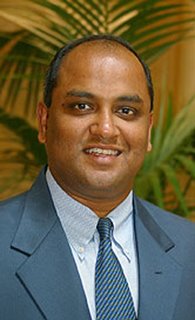Reported by Vijayesh Lal
31st May 2006 is a date that Christians in Jhabua district will remember for long. For this day, after a period of misery that lasted around two years and six months the 14 Christian prisoners who were held in prison for alleged murder charges and the two accused who had been granted bail were found innocent and were released by the Alirajpur court.
The 16 Christians were put in prison after the infamous Jhabua violence of January 2004 against Christians which left many homeless, many Churches and Christian homes burnt, Christian women raped and one RSS sympathizer dead. Two of them later got bail.
During this period of two years four months and fifteen days many attempts to bail the 14 Christians proved futile as the case was overtly politicized and considered sensitive. However all that is a thing of the past now.
We wish to thank all who stood by these brothers and their families through prayers, moral support and occasional visits.
It is also a victory of the judicial system in India, showing that while the executive and the administration might sometimes fail to do its duty and choose to side along with its political masters, yet there is hope for justice to prevail.
31st May 2006 is a date that Christians in Jhabua district will remember for long. For this day, after a period of misery that lasted around two years and six months the 14 Christian prisoners who were held in prison for alleged murder charges and the two accused who had been granted bail were found innocent and were released by the Alirajpur court.
The 16 Christians were put in prison after the infamous Jhabua violence of January 2004 against Christians which left many homeless, many Churches and Christian homes burnt, Christian women raped and one RSS sympathizer dead. Two of them later got bail.
During this period of two years four months and fifteen days many attempts to bail the 14 Christians proved futile as the case was overtly politicized and considered sensitive. However all that is a thing of the past now.
We wish to thank all who stood by these brothers and their families through prayers, moral support and occasional visits.
It is also a victory of the judicial system in India, showing that while the executive and the administration might sometimes fail to do its duty and choose to side along with its political masters, yet there is hope for justice to prevail.
